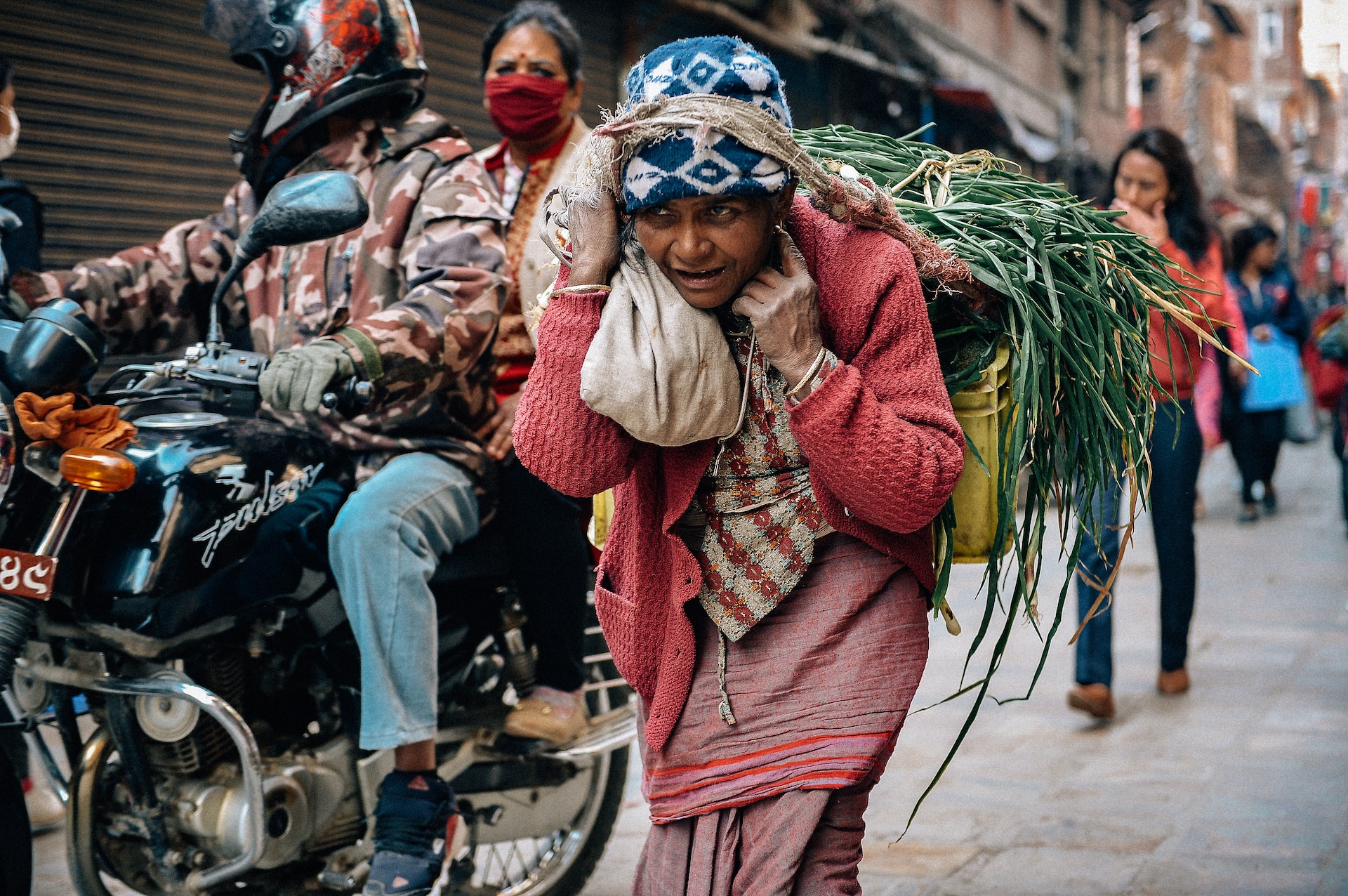MAHATMA Gandhi, the father of India, once said, “poverty is the worst form of violence.” This poignant statement encapsulates the harsh reality faced by millions of people in India who grapple with poverty on a daily basis. Poverty is not merely a lack of financial resources; it is a pervasive form of violence that erodes human dignity, limits opportunities and perpetuates cycles of suffering. On International Day of Non-Violence, let’s examine the multifaceted dangers of poverty in India and discuss how individuals and communities can make a meaningful difference by supporting the noble work of NGOs.
Understanding the dangers of poverty
Health disparities
One of the most glaring dangers of poverty in India is its profound impact on healthcare access. The impoverished often lack access to proper nutrition, clean water and sanitation facilities, leading to an increased susceptibility to diseases. Malnutrition, infant mortality and preventable illnesses remain prevalent issues in impoverished communities. Poverty strips individuals of the basic right to good health, perpetuating a cycle of suffering where they cannot break free from the grip of disease.
Limited education opportunities
Education is a powerful tool for breaking the cycle of poverty. However, poverty often forces children to forego their education in order to work and contribute to their family’s meager income. This perpetuates a cycle where illiteracy and limited skill sets make it challenging for individuals to escape poverty. It is a vicious cycle that keeps generations trapped in a never-ending struggle.
Economic instability
Poverty also contributes to economic instability on both individual and national levels. When a significant portion of the population lives in poverty, it hampers economic growth and development. Furthermore, individuals trapped in poverty often find themselves in precarious, low-paying jobs with little job security, making them vulnerable to exploitation and perpetuating their impoverished state.
Social disintegration
Poverty can lead to social disintegration within communities. Desperation often breeds crime and substance abuse, tearing at the social fabric of society. When people are struggling to meet their basic needs, it becomes increasingly difficult to foster strong, cohesive communities.
Emotional and psychological toll
Beyond the tangible dangers, poverty takes a heavy emotional and psychological toll on individuals. The constant stress of not knowing where the next meal will come from or how to afford basic necessities can lead to mental health issues such as anxiety and depression. Moreover, the feeling of hopelessness that accompanies poverty can erode one’s sense of self-worth and purpose.
Alleviating poverty through NGO support
NGOs play a pivotal role in addressing poverty in India. These organizations are often at the forefront of providing essential services, advocating for policy changes and empowering individuals and communities to break free from the clutches of poverty. Here are several ways in which individuals in India can support the noble work of NGOs to alleviate poverty:
Financial contributions
Donating to reputable NGOs is one of the most direct and effective ways to support poverty alleviation efforts. These contributions can help fund critical initiatives such as providing food and clean water, building schools and offering healthcare services to those in need. Regular financial contributions, no matter how small, can make a significant impact over time. You can search for NGOs on Give.do and support the noble work of charities here.
Volunteerism
Many NGOs rely on volunteers to carry out their work. By volunteering your time and skills, you can directly contribute to poverty alleviation efforts. Whether it’s teaching children, providing medical care or assisting with community development projects, your volunteer efforts can bring about positive change.
Advocacy
NGOs often advocate for policy changes and social reforms that can address the root causes of poverty. As an individual, you can support these efforts by becoming an advocate for change. This may involve participating in awareness campaigns or joining community action groups focused on poverty-related issues.
Skill-based support
If you possess specific skills or expertise, consider offering your knowledge to NGOs. Professionals such as doctors, teachers, engineers and business experts can make a significant impact by sharing their expertise with organizations working to alleviate poverty.
Social entrepreneurship
Supporting social enterprises is another way to combat poverty. These businesses prioritize social and environmental impact alongside profit. By purchasing products or services from social enterprises, you can help create sustainable economic opportunities for marginalized communities.
Education initiatives
Education is a powerful tool for breaking the cycle of poverty. Consider supporting NGOs that focus on providing educational opportunities to underprivileged children. Donations, mentorship programs, and scholarship funds can help bright young minds reach their full potential.
Microfinance and self-help groups
Microfinance institutions and self-help groups empower individuals and communities by providing small loans and financial training. By supporting these initiatives, you can help people start businesses, generate income and gain financial independence.
Poverty is a pervasive and insidious form of violence that plagues millions of people in India. It deprives individuals of their basic rights, perpetuates suffering and hampers the country’s social and economic progress. Mahatma Gandhi’s words remind us of the urgent need to address this issue.
NGOs are on the front lines of the battle against poverty, providing essential services and advocating for systemic change. By supporting these noble organizations through financial contributions, volunteerism, advocacy, and skill-based support, individuals in India can contribute to the ongoing effort to alleviate poverty and create a more just and equitable society. This International Day of Non-Violence on the second of October, we can turn the tide against poverty and ensure that all individuals have the opportunity to lead dignified lives free from violence.
Discover more from
Subscribe to get the latest posts to your email.


Leave a Reply